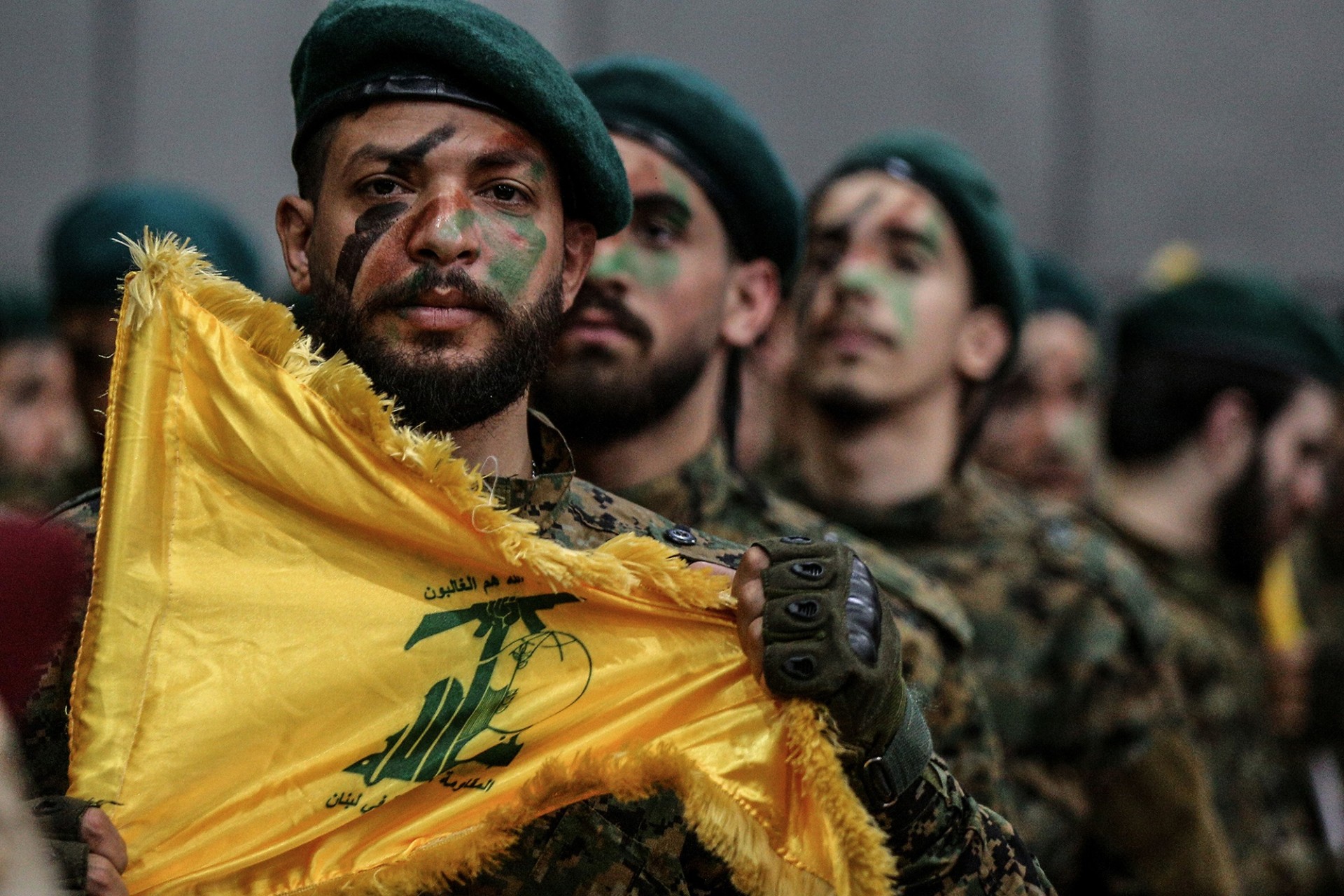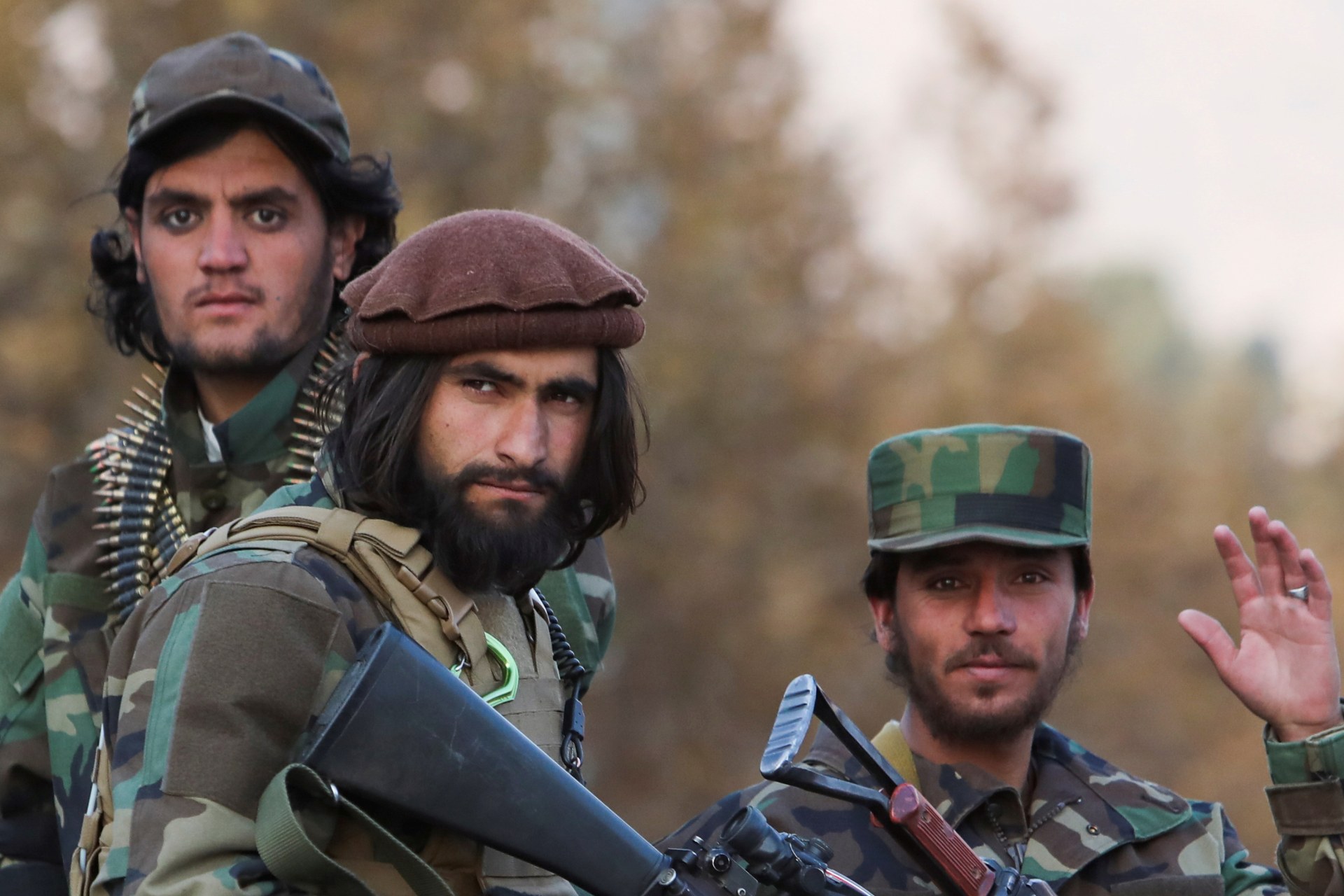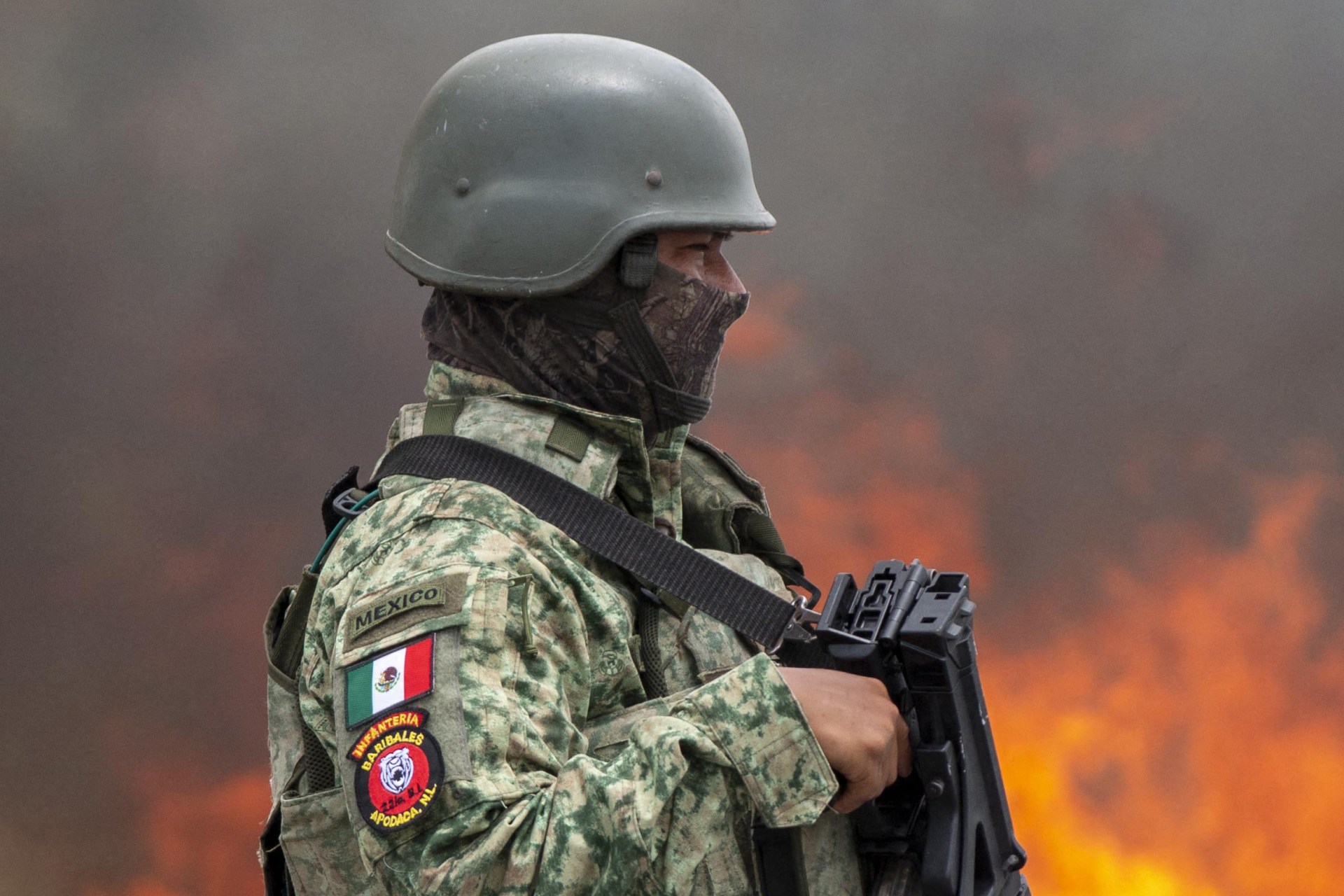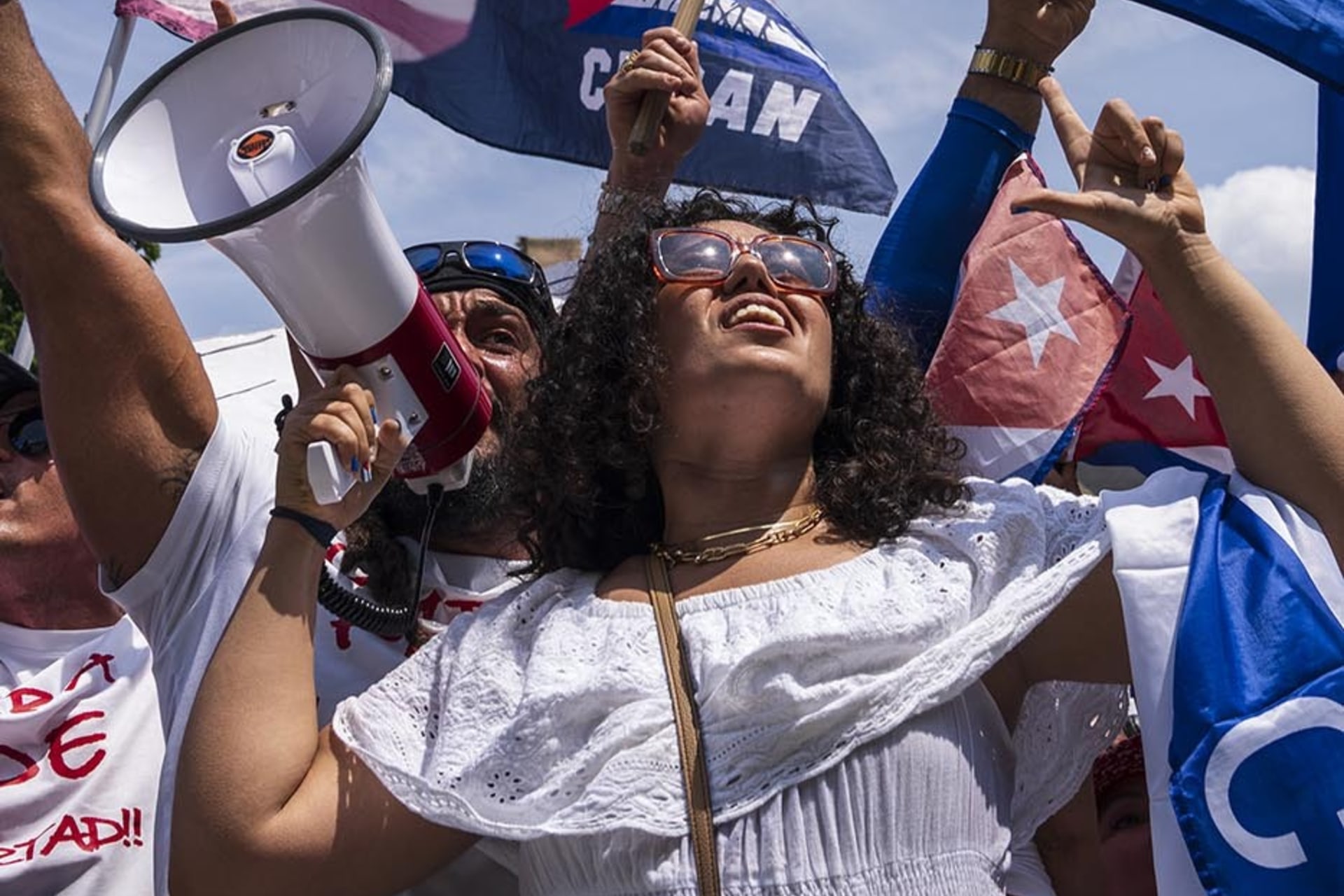The Candidates on North Korea
Updated
President Obama has expanded sanctions against North Korea over its nuclear ambitions while making attempts to engage with it, but Mitt Romney has criticized the engagement policy as weak.
North Korea’s two nuclear tests since 2006, rising hostilities with South Korea, and questions over Pyongyang’s leadership transition all feed U.S. concerns over instability on the Korean peninsula. In January 2011, then-Defense Secretary Robert Gates said North Korea was within five years (NYT) of being able to strike the United States with an intercontinental ballistic missile.
The Obama administration has won expanded UN Security Council sanctions--financial and weapons-related--against the North Korean regime and has reinforced U.S. sanctions several times. In October 2011, the administration resumed talks with North Korea on returning to the Six-Party process and appointed two top envoys (ForeignPolicy) for North Korea policy.
However, the North Korean regime, led by Kim Jong-un, unsuccessfully attempted to launch a rocket in April 2012, undermining the engagement strategy. Republican rival Mitt Romney has criticized Obama’s attempts at engagement as weak, and has vowed to impose harsher sanctions on North Korea and work with China to dissuade it from advancing its nuclear program.
Editor’s Note: Click here for more CFR Issue Trackers and other 2012 campaign resources, which examine the foreign policy and national security dimensions of the presidential race.
This publication is now archived.
Barack Obama
Democratic Incumbent, Running Mate Joe Biden
President Obama called for direct engagement with North Korea during his first presidential campaign. Yet just a few months after he entered office, in early April 2009, North Korea launched a rocket with the potential for use in long-range missiles. Following Obama’s condemnation, North Korea launched a second nuclear test on May 25, 2009, and Washington moved to adopt UN sanctions.
In his 2010 State of the Union address, Obama said his administration’s efforts had led to North Korea facing “increasing isolation and stronger sanctions.” In the 2011 address, he vowed to stand with South Korea “and insist that North Korea keeps its commitment to abandoning nuclear weapons.” His administration has “pledged to work with our partners to achieve the denuclearization of North Korea through the Six-Party process.”
In February 2012, the Obama administration said it would ship new food aid to North Korea after the country agreed to allow new UN inspections of its nuclear program and a moratorium on missile tests. However, after a failed satellite launch in April, the Obama administration suspended food aid on the grounds that Pyongyang defied the agreement (Reuters).
Mitt Romney
Republican Candidate, Running Mate Paul Ryan
Romney considers North Korea a “rogue nation” that, along with Iran, Cuba and Venezuela, poses a threat to international peace and security. Romney says he will work with allies for tougher sanctions against Pyongyang, including cracking down on financial institutions that service North Korea and sanctioning companies that conduct international shipping in and out of the country.
In response to Kim Jong-il’s death in December 2011, he told Fox News: “The best thing we can do with regards to North Korea is to have tough economic sanctions on them by virtue of their policies, make sure that their technology is not exported to places around the world that can use that technology against us or against our friends in the world.”
Romney said that under Kim, North Korea “recklessly pursued nuclear weapons (CNN), sold nuclear and missile technology to other rogue regimes, and committed acts of military aggression against our ally South Korea. He will not be missed.”
In a 2009 e-mail to supporters, Romney criticized the Obama administration (Politico) for weakness in its foreign policy toward Iran and North Korea. He said he would also encourage China to use its leverage with North Korea to persuade it to disarm and would “reassure China it will not be alone in dealing with humanitarian and security issues that will arise should North Korea disintegrate” (PDF).
Romney condemned the attempted April 2012 satellite launch, holding the Obama administration partly responsible for North Korea’s bad behavior against the will of the rest of the world.
“Instead of approaching Pyongyang from a position of strength, President Obama sought to appease the regime with a food-aid deal that proved to be as naïve as it was short-lived,” Romney said. “At the same time, [Obama] has cut critical U.S. missile defense programs and continues to underfund them.”
For the final presidential debate on foreign policy, held on October 22, Romney said that he sees U.S. influence receding around the world vis-à-vis nuclear nonproliferation, and cited North Korea’s exporting of nuclear technology as an example.
A Romney adviser told Yonhap News said in October that Romney supported the Six-Party Talks but was concerned that Pyongyang would exploit the talks to expand its nuclear arsenal.t





